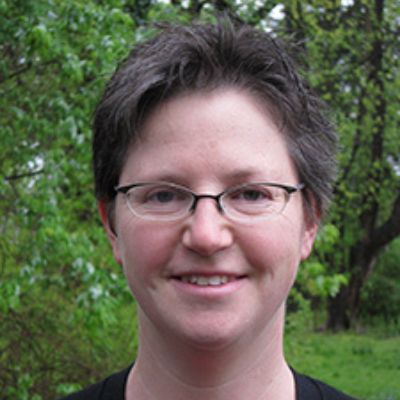Amanda Weidman

Contact
Department/Subdepartment
Education
Ph.D., Columbia University.
M.A., University of Washington.
Areas of Focus
Socio-cultural anthropology; South Asia; music and sound; media and performance; linguistic anthropology and semiotics
Biography
Amanda Weidman is a cultural anthropologist with interests in music, sound, media, performance, linguistic anthropology, semiotics, and technological mediation. Within an area specialization in South Asia, her research focuses on Tamil-speaking South India. Her first book, Singing the Classical, Voicing the Modern: The Postcolonial Politics of Music in South India, examined the creation of South Indian classical music as a high cultural genre in the context of late colonialism, Indian nationalism, and regional politics in South India. This project combined ethnographic research, examination of archival sources, and her own study and performance of South Indian classical music.
Her second book, Brought to Life by the Voice: Playback Singing and Cultural Politics in South India, focuses on playback singing in Indian cinema, a system where singers' voices are first recorded in the studio and then "played back" on the set to be matched with actors' bodies and visual images. This book examines the forms of vocal sound and performance practice, celebrity and publicity, and affective attachment to voices that have been generated by this division of labor between singing and acting, within the cultural and political context of South India from the late 1940s to the present.
Professor Weidman's current research project, "Sounding the Goddess: Amman Songs between Gentrification and Revival in Tamil Nadu," explores the aesthetics and politics of devotional songs on various versions of "Amman" goddesses, the fierce and "angry" goddesses that are traditionally associated with lower-caste, folk Hinduism in South India but have also been tamed and domesticated in ways that appeal to upper-caste, middle class devotees. Her fieldwork in Tamil Nadu explores the production of these songs in recording studios and live performances, and their deployment in amplified form in temple festivals and other everyday contexts.
Professor Weidman's courses include:
- Introduction to Cultural Anthropology
- The Power in Language
- Field Research in Linguistic Anthropology
- Beyond Bollywood: Popular Culture and Performance in South Asia
- The Politics of Belonging and Exclusion in the 'New' India
- History of Anthropological Theory
- The Anthropology of Sound
- Sensory Ethnography
- Caste and Race: Analogies and Intersections